How does the Gas Autoclave for Food Conservation work?

The autoclave is a hermetic equipment designed to withstand high pressures and temperatures in the disinfection at commercial level of glass, metal and plastic containers, conditioned for the food sector, laboratory, pasteurization and sterilization of finished products.
What is an autoclave with drying?
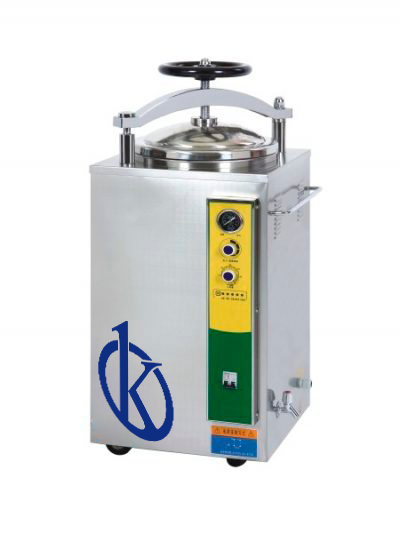
An autoclave is essentially a pressure vessel that uses steam pressure as a sterilizing agent. By increasing the pressure (above atmospheric pressure) the steam can reach higher temperatures. The additional pressure increases the boiling temperature of the water. Actually, about 20 ° C more. This effectively increases its heat content and its ability to kill. This comes from its latent heat of evaporation.
Autoclaves: what are its parts and maintenance required?

This equipment is indispensable in laboratories, clinics and surgical centers, as it is a fast, compact, versatile sterilizer; It is designed with high technology and cost-effectiveness, while offering operational efficiency and easy maintenance; the advantages of the autoclave lie mainly in the detoxification and sterilization of the material used in surgical treatments or research material; its primary function is as a sterilizing agent by treating water vapor at high temperature to destroy any microorganism found in the material.
What are the differences between N-type and B-type autoclaves?
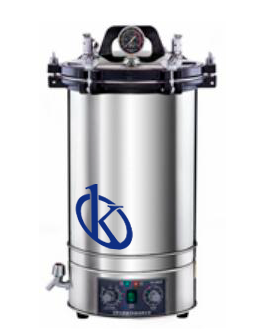
An autoclave is a cylindrical instrument, vertical or horizontal, designed to work with a high internal pressure, and used to sterilize materials and instruments using water vapor at high pressure and temperature. This equipment consists of a metal container with thick walls and hermetic closure, which allows sterilizing under high pressure, ensuring maximum disinfection of all clinical, laboratory, and dental materials.
What is an autoclave?
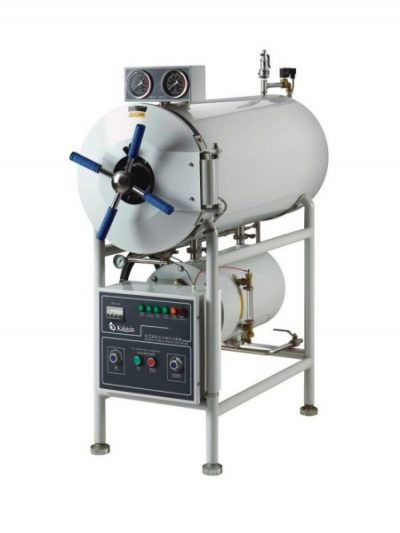
An autoclave is a piece of equipment used to sterilize medical or laboratory material, using steam under pressure and temperature as sterilizing agents. This makes it possible to eliminate any trace of viruses, bacteria, fungi and spores in the materials, liquids or solids that are placed inside.
What are the Sterilization Systems offered by the Bacticinerator?
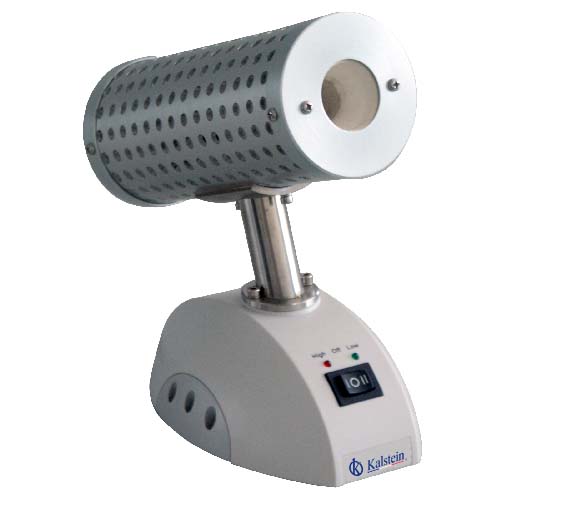
A Bacticinerator is a laboratory machine designed to sterilize and discard inoculation handles. Inoculation loops are generally used to handle hazardous biological samples in a laboratory. They are essential for safe work in a laboratory, as they prevent cross-contamination of samples. An inoculation handle incinerator works by burning the handles in a combustion chamber, at a temperature that is high enough to destroy all living organisms.
Veterinary Monitors: Vital Supervision Tools
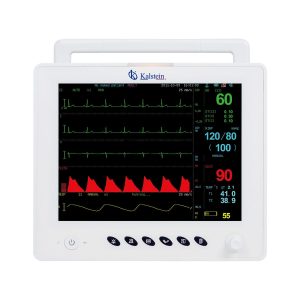
In the world of veterinary medicine, monitoring equipment has become indispensable. Veterinary monitors not only allow for constant tracking of the patient’s health, but also provide accurate data that facilitate precise diagnosis and effective treatment. In particular, the company Kalstein has proven to be a leading manufacturer in the production of these vital devices.
Patient Safety with the Implementation of Anesthesia Machines
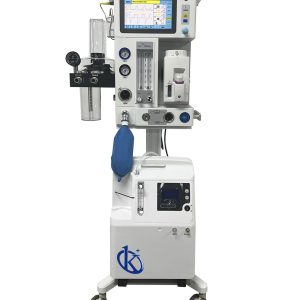
In the emerging field of veterinary medicine, where the life and safety of patients are the priority, the implementation of sophisticated technology such as anesthesia machines has become a critical factor. These devices, essential for any surgical procedure, are key in ensuring the safety and well-being of patients.
Veterinary Autoclaves: Effective and Safe Sterilization
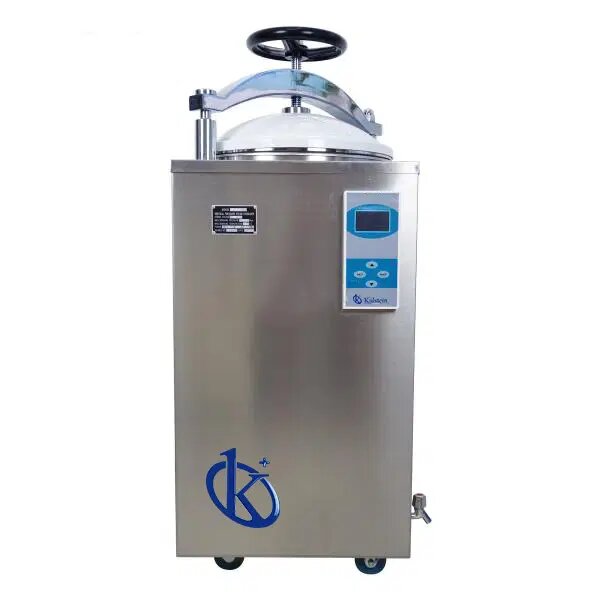
Sterilization is a key component in any veterinary practice. The level of cleanliness and the elimination of pathogenic microorganisms can significantly influence the outcome of medical and surgical interventions. In this essential process, veterinary autoclaves emerge as vital equipment.
Artificial Climate Chamber: Key Technology in Simulating Environmental Conditions for Laboratory Experiments
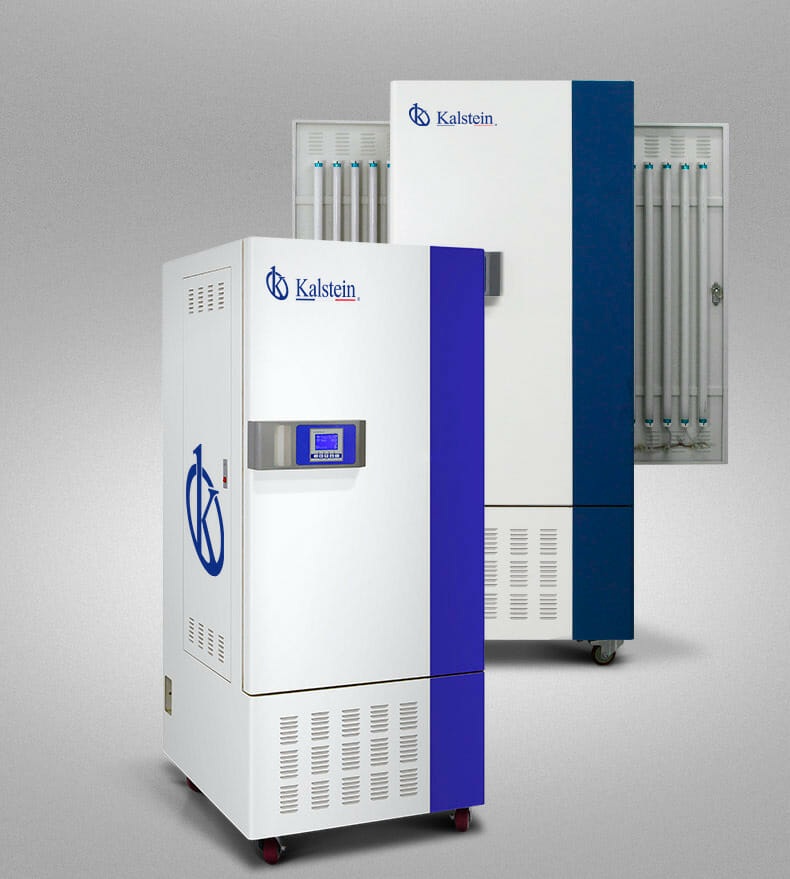
The artificial climate chamber is an essential device in various laboratory studies in areas such as biology, medicine, chemistry, among others. This equipment, supplied by a specialized manufacturer, accurately recreates the various environmental conditions necessary for experiments. Therefore, it is vital to consider it during the purchase and sale of laboratory equipment.
